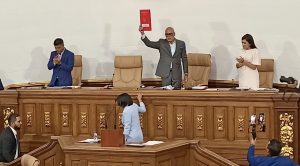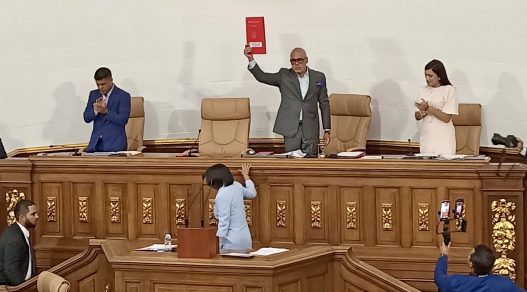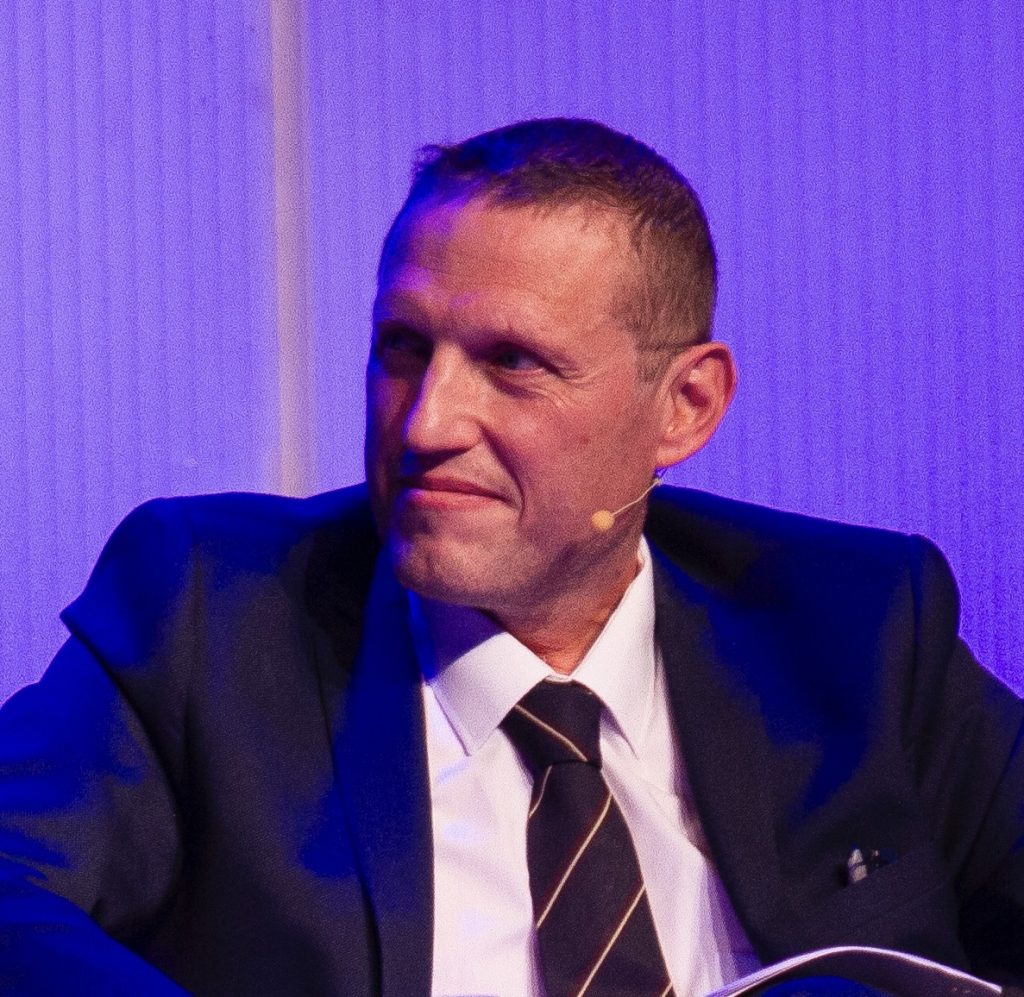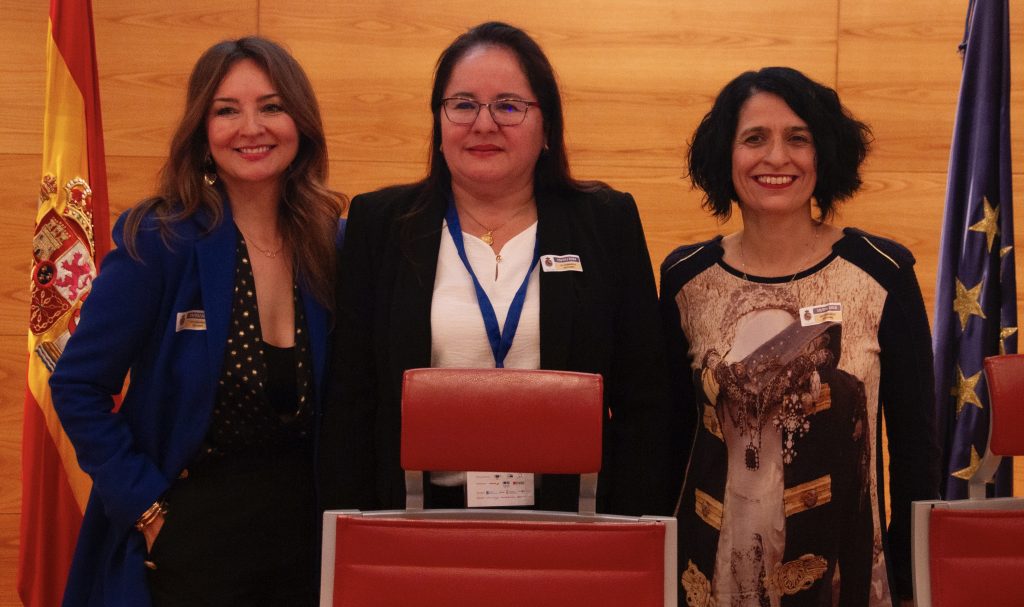
VENEZUELAN JOURNALISTS WARN OF RISKS TO FREEDOM OF EXPRESSION POSED BY THE LAW AGAINST FASCISM
The Venezuelan National Assembly, with a pro-government majority, approved in first discussion the draft Law against Fascism, Neo-Fascism and Similar Expressions.
For the National Union of Press Workers (SNTP) of Venezuela, the bill is “an instrument that increases the discretional control of the Government over the exercise of freedom of expression, demonstration and association”.
The journalists emphasize that the articles of the bill allude to radio, television, electronic media and printed media service providers, “anticipating a new mechanism of control and surveillance against what the Government may consider fascist messages”.
The Union denounces that this is a mechanism that limits the free debate of ideas and imposes prior censorship.
The regulation under discussion imposes sanctions of revocation of concessions, “without guarantees for due process and the right to defense, against radio stations and television channels that disseminate ‘prohibited’ messages. Fines in the case of electronic and printed media”.
On this occasion, social networks will not be left out of control. The Vice President of Venezuela herself, Delcy Rodríguez, said during the presentation of the proposal that the law will have a chapter referred to social networks. According to her, “algorithms favor negative messages over positive ones (…) they are designed to promote hate, violence and death over respect, tolerance and love”.
On her part, María Verdeal, national vice-president of the MAS party, said that the proposed law “seems to be brought from I don’t know what stage of prehistory, it pretends to regulate almost how citizens breathe in Venezuela, something unacceptable as it is an attempt to legalize the political persecution of dissidence”.
As reported by Prensa de Solidaridad, MAS rejected that the proposal being debated in the Assembly could be a law to allegedly achieve peace in the country. In Verdeal’s opinion, in Venezuela “there is a surplus of legislation in criminal matters, which has perfectly typified criminal conducts in the Penal Code”, among other laws.
“It is worrying the intention to control the media, parties, political organizations and, above all, what is written in social networks”, considered Verdeal.
—-
This text is free to use. If you use it, please cite EditoRed.



